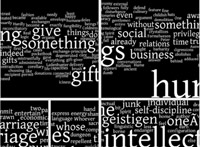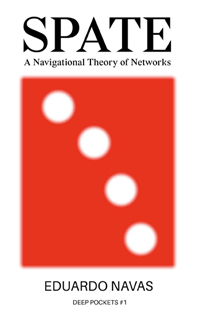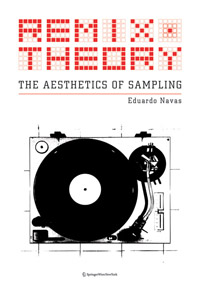Some notes on Simon Reynolds’s Call for Originality, Eduardo Navas
Image source: slate, by Laura Terry.
Back in October of 2012 Simon Reynolds wrote a passionate piece on Remix Culture for Slate magazine titled “Your Are not a Switch” in which he calls out mainly scholars who are using the reference of the DJ and remixing to discuss issues of originality, and especially in his view, questioning the concept of the “genius.” For me what is striking about Reynolds’s position is that he goes over much of the literature that has been produced for the last few years claiming that all of the authors (amazing that all of them, a bit essentialist on his part disappointingly), especially those in academia are guilty of dismantling the originality in creativity. To make a sweeping statement like this is troublesome enough but there is more.
As much as I like Reynolds’s research, including his most recent book titled Retromania, I have to say that his article is long-winded and does not contribute anything new, not even a strong counter-argument against the authors he calls out. Reynolds appears to want to celebrate the artist as genius, and to do this he claims at the end of his article that there is something to the process of coming up with new material based on a unique interpretation. Well, this is not so different from what some of the authors that he is critiquing are saying. In fact, this is the whole point of the books, such as Synreich’s Mashed up, or Amerika’s Remixthebook. Perhaps it’s the “academic” or (I prefer) the systematic and rigorous approach of some of the publications that may come off as a way of killing the potential of creativity that is misread by Reynolds. But to understand the grammar of a process, to understand the history, to understand the politics of a cultural activity does not mean that such an activity, in this case creativity, will whither. It simply means that we will understand it better and we need to because the process of borrowing from and being inspired by others now has turned into a material conflict that is finely tuned with economics.
I’m talking about copyright conflicts, of course. We need to understand the process of creativity because we need to make sure that it keeps flowing as it always has. With new technology we are able to archive more of that process and all that is archived becomes commodity in some way. This is really what is at play at the moment in, yes, all of the books and essays Reynolds is critical of; they are contributions to overcoming such an impasse. And is creativity or the concept of the genius being redefined in this process? Yes. But all things change, they evolve. It’s the way we function. We cannot hold on to some idea of genius or originality as it functioned in the past. Just like photography redefined painting, just like the computer redefined just about every aspect of daily life, the concepts of the genius and originality are also being redefined. And this is not a bad thing at all.
—–
I share a couple of paragraphs from Reynolds’s text below:
Many of these polemics make allusions to DJ culture in their titles: Mark Amerika’sremixthebook, Kirby Ferguson’s video essays and website Everything Is A Remix, Arram Sinnreich’s Mashed Up.Remixing and mashups are familiar—indeed, somewhat tired—notions in dance culture, but in critical circles they enjoy modish currency because they seem to capture something essential about the cut-and-paste sensibility fostered by digital culture. Likewise, the Internet’s gigantic archive of image, sound, text, and design has encouraged a view of the artist as primarily a curator, someone whose principal modes of operation involve recontextualization and connection-making.
As a neutral description of the current state of the art in many fields, this would be fine. But recreativists don’t just champion these practices, they make grand claims about the essentially recycled nature of all art. In Creative License: The Law and Culture of Digital Sampling, authors Kembrew McLeod and Peter DiCola quote the DJ Matt Black’s assertion that “humans are just sampling machines … that’s how we learn to paint and make music.” In an opinion piece for NPR, Alva Noë discussed contemporary anxieties about plagiarism in a cut-and-paste era and defended quotation as an artistic practice. But instead of stopping there, he also asserted that “sampling is nothing new, not in art, and not in life … Evolution, whether in biology, or in technology and culture, is never anything other than a redeployment of old means in new circumstances.* We use the old to make the new and the new is always old.” Much the same idea crops up in Austin Kleon’s Steal Like an Artist, a sort of self-help manual for modern creatives. Kleon moves quickly from “every new idea is just a mashup or a remix of one or more previous ideas” to insisting that “you are the sum of your influences” and that “you’re a remix of your mom and dad.”









